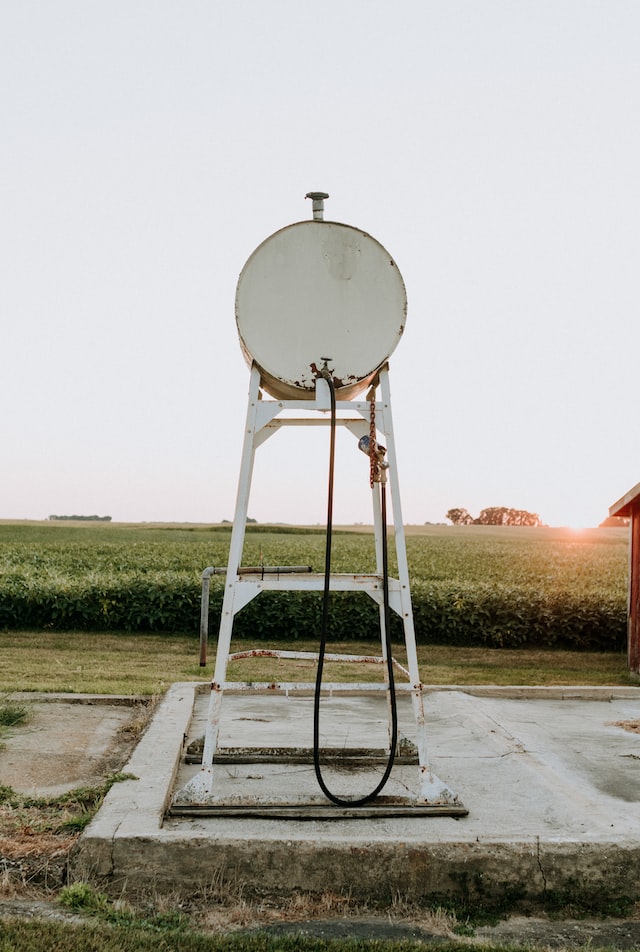You should have an oil tank removed for several reasons. This includes when there are leaks in the tank, when you need to get rid of an old tank, or when considering environmental hazards. It can be a good idea to learn about the costs associated with abandonment or removal.
Cost of Oil Tank Removal
The oil tank removal Westchester County, NY cost can vary greatly, depending on your needs. It can be as low as a few hundred dollars or as high as over a hundred thousand.
Before you hire a contractor, ask some questions. Ask about how much it will cost to remove the oil tank and any other environmental issues your property may have.
You can also test the soil around the tank. This is important to determine whether it is safe to dig into. If the soil is contaminated, you will need to replace it with new dirt.
The cost of oil tank removal can be based on several factors, including the size of the tank, the type of tank, and the location of the tank. A buried oil tank will have a much higher removal price than an above-ground tank.
Some states have funds to help pay for damage caused by an oil tank. These funds can cover various costs, from testing the soil to removing the tank.
Leaks From an Oil Tank
If you have an oil tank, you’ll need to be on the lookout for leaks. Leaks can be dangerous for the environment and the people in your home. They can also cause fire hazards.
One of the first signs of a leak is a damp spot. You can often find these in the bottom of your tank. It may also come with an oil smell.
Some leaks are small, while others can be extremely damaging. Leaks can be especially dangerous if they aren’t detected right away. To prevent the spread of the oil, it’s best to get it dealt with immediately.
Before you begin, you should contact your local authority to get it fixed. Your insurance company should also be notified. Your policy may cover the cost of cleanup.
After a spill, you should turn off the valve in the oil tank. Do not attempt to wash the oil out. Instead, it would help if you collected the liquid in a container under the leak.
Environmental Hazards
When a tank leaks, the oil can poison the soil and water. These issues are only sometimes visible. This is why it’s important to know how to detect an oil tank leak.
Older tanks are known to cause corrosion and have a greater chance of leaking. A qualified contractor should perform inspections and tank removals.
The removal of an oil tank is a complicated task. Not only does it have to be done safely, but it also must be conducted in compliance with all applicable laws and regulations. Depending on the degree of contamination, the cost can range from tens of thousands of dollars to hundreds of thousands.
Most home buyers are advised to avoid buying a home with an underground storage tank. However, many homes have older tanks.
There are serious environmental hazards of a leaking oil tank. These can damage the soil, poison the water supply, harm plants, and pollute the surrounding area.
Cost of Abandonment
The cost of abandonment of an oil tank can be quite expensive. This is because the cost of abandonment is added to the cost of future excavation. That’s why finding a reputable company to perform the work is important.
If you abandon an oil tank, you should be prepared for a lengthy process. You should also expect to pay for additional expenses such as soil testing. These will be necessary to assess whether the tank poses any potential health hazards.
If you don’t properly decommission an oil tank, the result could be contaminated soil, an overflowing tank, or even a leak. Any of these can create health and financial hazards.
Depending on the size and location of the tank, the removal can be extremely costly. Especially if there is unused oil in the tank, the cost will increase.
In addition, you may not be able to sell your home or mortgage it if you have an uncertified oil tank. Mortgage and insurance companies are increasingly wary of properties with uncertified oil tanks.



